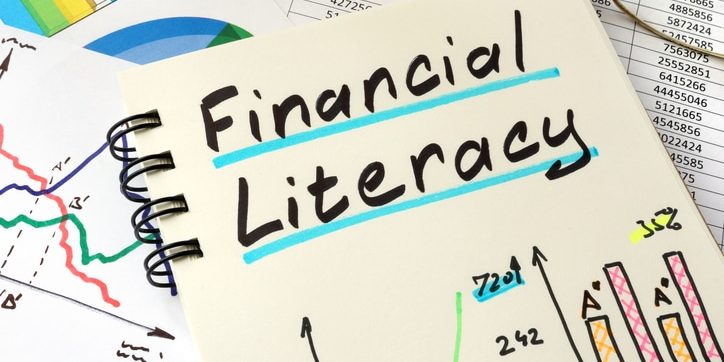April is Financial Literacy Month. It needs to be a big deal.
A lack of financial preparedness has significant consequences, not the least of which is you and your family’s current or future quality of life. Rising healthcare costs alone can be financially devastating. Also, many Americans don’t understand the commitment of a mostly self-financed retirement.
How unprepared are we? According to a recent survey, over 50 percent of Americans have less than $1,000 in savings. There is obviously a need for a deeper understanding of financial responsibility.
Like a steady drumbeat, we need to educate young generations about the importance of starting early.
The 2017 Financial Report Card from Champlain College’s Center for Financial Literacy gave just five states — including Tennessee — an A grade for their efforts to teach money skills. These states require high school students to take a personal finance course as a graduation requirement. The courses cover topics like using credit wisely, saving for retirement, investing, and navigating the financial decisions that typically occur in a person’s lifetime. But overall, states John Pelletier, the report’s author and director of the center, “What the grading shows is that we have a long way to go before we are a financially literate nation.”
Mark Avallone, the author of “Countdown To Financial Freedom,” says, “Financial literacy needs to permeate all communities, regardless of demographics or socioeconomic standing, especially families with young children. We need early financial education in the home, mainstream financial literacy programs starting at a young age, and government funding for a public awareness campaign much like those on! public health and safety issues.”
This month I have the honor of giving the opening keynote address at the Financial Planning Association’s Retreat Conference for Certified Financial Planner ™ professionals. In my closing comments, I will challenge the 300 attendees to use their professional knowledge to continue spreading the financial planning gospel.
But Certified Financial Planners™ only work with a fraction of the public. Everyone else, who is self-directed, needs to take action to increase financial literacy in their household. Start with staying abreast of the financial news. Read a personal finance article online. Pick up a personal finance bestseller book. Set up a mobile budgeting app. Make a commitment to build an emergency cash reserve — this fundamental step would change the fortunes (pun intended) for millions of households. Start or increase your retirement contributions. Have a Last Will and Testament prepared. Do something, even small steps, regularly.
While parents may be hesitant and insecure about teaching their children about personal finance, it is a vital exercise. Use your past mistakes as a teaching tool, and view financial literacy as a journey to share with your family.







